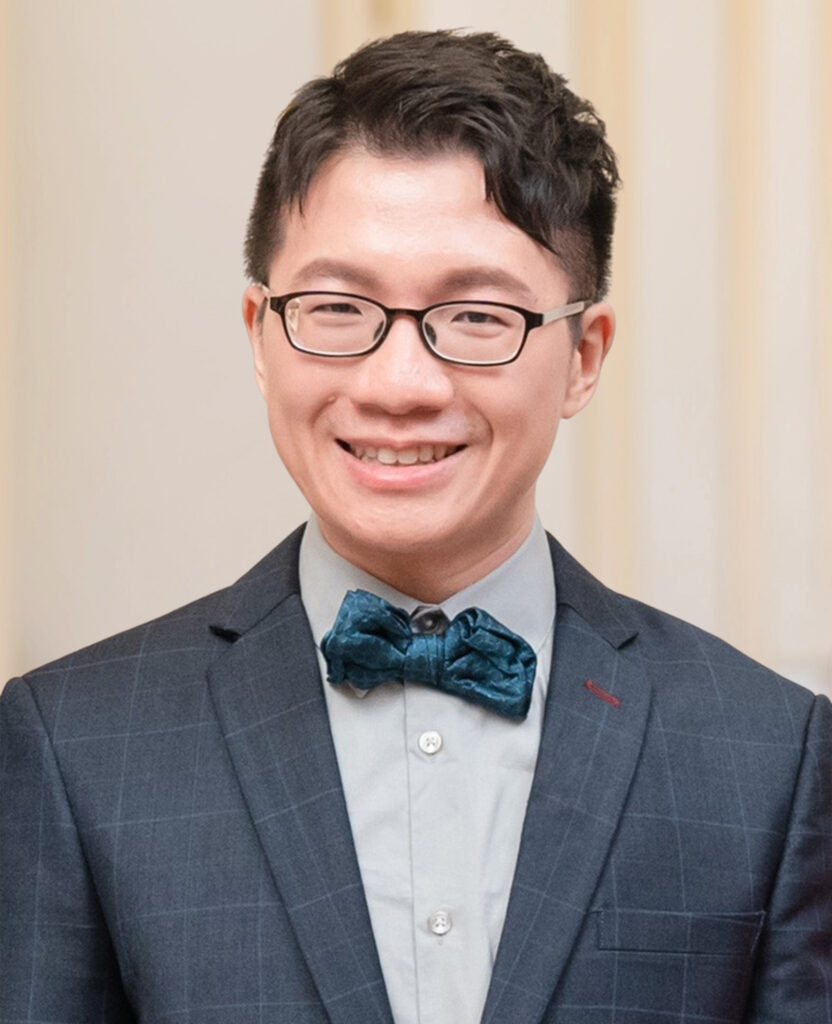REI Colloquium: Bono Shih
“Addressing Diversity and Inclusion in Engineering: A Historical Philosophical Approach to the Ethics of Knowledge Representation”
Abstract: Diversity and inclusion in engineering has long been a widespread concern for scholars, practitioners, and policy makers in engineering education. As an example, according to the National Center for Science and Engineering Statistics of the United States, women’s share of bachelor’s degrees in engineering earned in the country is consistently lower than 23% every single year between 2000 and 2019, despite decades of efforts and investments to tackle the problem of diversity.
While the question of diversity entails the representation of social groups in terms of numbers or percentage, this paper identifies the problem of diversity with the dominance of certain knowledge, practices, and values (hereafter “knowledge”) in engineering—such as quantity, efficiency, and “better” technology—and maintains that any endeavor to address diversity also has to take seriously on the representation of knowledge that is relevant for minorities and yet has not received the recognition it deserves. In other words, knowledge representation in engineering has ethical consequences for both the participation and empowerment of minorities.
This paper takes a historical philosophical approach to the question of knowledge and diversity in engineering. By examining concepts behind a family of words closely related to “engineering” in Ancient Greek and Latin literature, my study locates the genesis of dominant knowledge of modern engineering in ancient military conflict.
Ancient military engineering, unlike civilian projects that enabled humans to prevail over the capriciousness of nature, emerged as a useful technology (or “techne”) to defend and attack cities in the face of human enemies. In this context, I demonstrate that elements of dominant engineering knowledge—including machine (and engine), quantitative power, binary (and visible) superiority, and ingenuity (and genius)—were mutually reinforced and cemented by a sense of urgency or “critical times” arising from ancient siege warfare and the war’s life-or-death consequences.
I show that the confluence of these elements of knowledge based in the military context, in fact, became “civilian” in our times through the normalization of economic competitions and the practice of meritocracy. The ideological complex, so to speak, exhibits an enduring historical-conceptual structure of ideas of engineering that is entrenched in Western civilization and in what most Western languages now call an “engineer.” In light of my former analysis, the paper concludes with several policy recommendations to “unlearn” dominant knowledge in engineering and to empower alternative, equally valuable knowledge.
